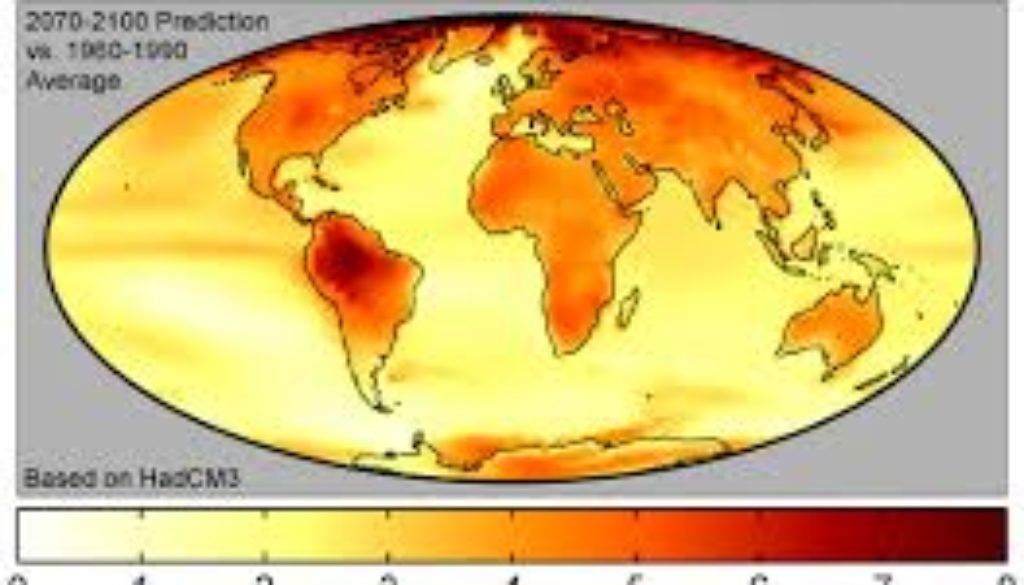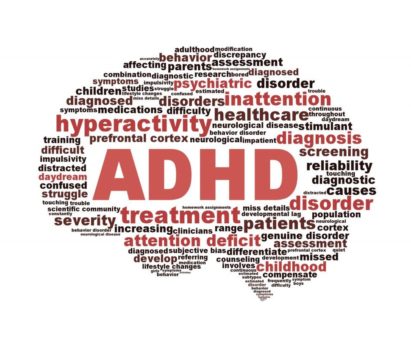Let’s Talk About Climate Change
A Crash Course on Global Warming
The issue of climate change has been taking our media and political theatre by storm. A recent study shows that by the year 2050, the adverse effects of global warming will be far beyond our ability to repair. How did we get here and why now, when we have just under 50 years to solve it, are we starting to care? Most importantly, how can we do our part?
What is Climate Change, Anyway?
![]()
According to NASA, climate change is a blanket term for describing the fluctuation in the usual weather in a particular location. It’s a way of saying that there was a change in the general pattern of temperature, precipitation, etc. Climate change also applies to the Earth as a whole. For instance, climate change can be used to describe if there is a change in the Earth’s usual, overall temperature. Despite how it’s normally portrayed, climate change is quite normal. The Earth’s climate has fluctuated from hotter to colder in the past. However, scientists are concerned with the increased warming of the Earth over the last 100 years. Scientists refer to this pattern as ‘global warming.’ Although we are coming out of an ice age and warming is reasonable, the issue lies in the speed in which it is occurring. Scientists claim that global warming is happening at a rate that is ten times faster than the average ice-age recovery period.
Many sources say that the main contributor to this is increased levels of atmospheric carbon dioxide. Increased levels of carbon dioxide disrupt the natural greenhouse effect and raise the overall atmospheric temperature. This phenomenon derives from human activities such as deforestation, fossil fuel emission, and land-use change.
Global warming has caused a ripple effect in various ecosystems, such as rising sea levels, melting polar ice caps, droughts, and extended wildfire seasons. It also harms human health by causing extreme weather events, decreased air quality, and disease transmission via insects, food, and water. Climate change has also impacted agriculture to such a degree that it threatens the idea of long-term food security. That’s only scratching the surface of all the ramifications of climate change, but it’s safe to assume that this phenomenon is something quite undesirable.
Global warming has been going on for the past 100 years, and it seems like social media is now hopping on the issue. An environmental policy paper written by David Spratt and Ian Dunlop shows that carbon dioxide emissions will reach its peak by 2050, making the detrimental effects of climate change to an irreversible point. The overall rising global temperature is making large portions of Earth practically uninhabitable by creating a constant onset of extreme weather events. Once we reach that point, it will be challenging to restore what once was. These findings went viral, and now the internet is talking about climate change more than ever before. Now that we are having the necessary conversations, it’s crucial to figure out what we can do.
Is There Anything We Can Do?
There’s a lot that we can do to aid the issue of climate change. Here’s a short list of some of the things we can do:
- Use energy wisely: Efficiently using power can reduce levels of pollution. It can range from anything from changing to energy-efficient light bulbs to winterizing your home to prevent any excess heat from getting out.
- Consume less: Sharing, upcycling, composting, repurposing are all great ways to consume less. Making sure that we are only using what we need will also help reduce pollution.
- Invest in renewable energy: Invest solar panels and wind turbines. If that’s not possible, you can always join an energy co-op. This way, you can still own a small investment in renewable energy.
- Eat less meat: The food industry—specifically the meat and fish industries–is among the third most industries that emit the most greenhouse gases into the atmosphere. Eating less meat will lower demand for these companies.
- Vote: Vote for representatives who have a plan for the planet. Call current representatives and make sure they are keeping climate change in mind.
There's Still Time to Make a Difference
![]()
Even with completing the following tasks above, many people wonder if it’s too late to reverse the effects of climate change. Rest assured, there is still time. While we can no longer prevent the ramifications of global warming, we can always reduce the worst of its impact. If we—as a society—come together and decide that we want, we can push to keep our Earth healthy and habitable. The smallest steps can make the most significant difference.





